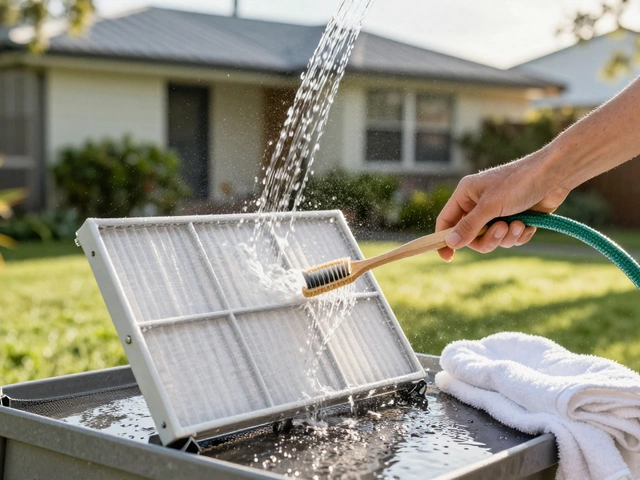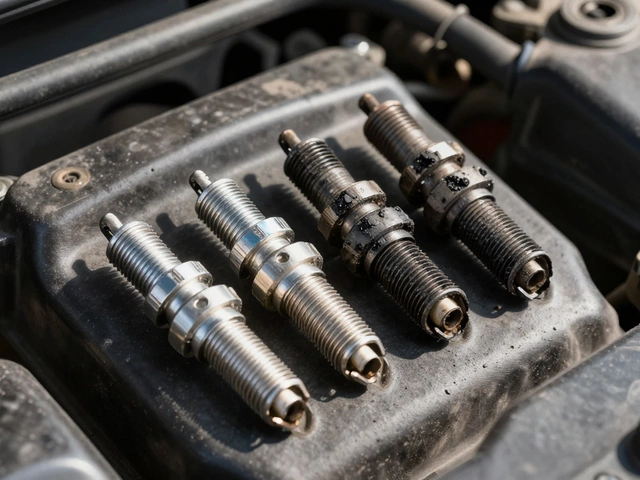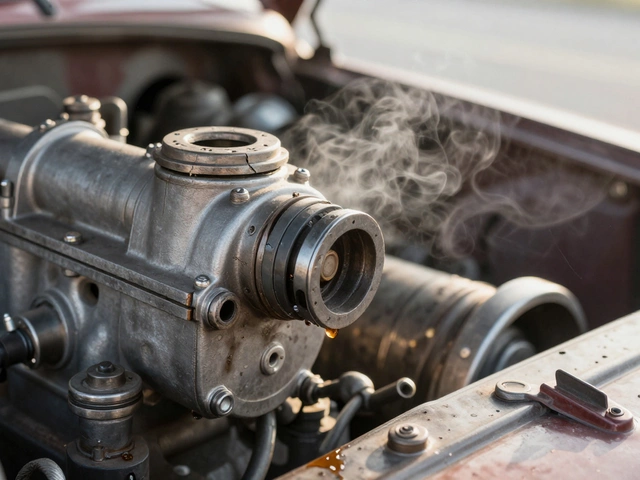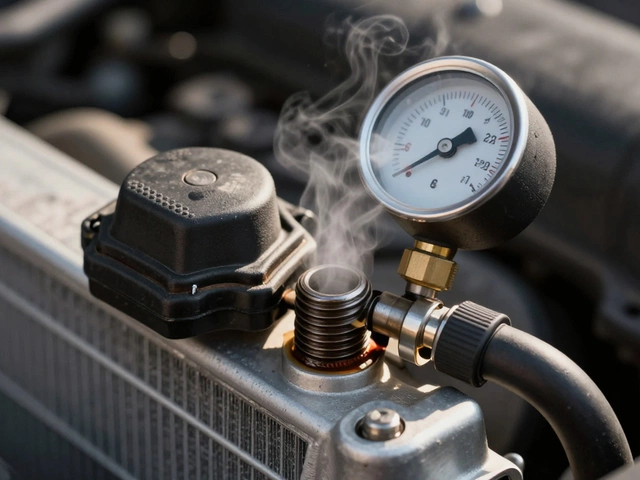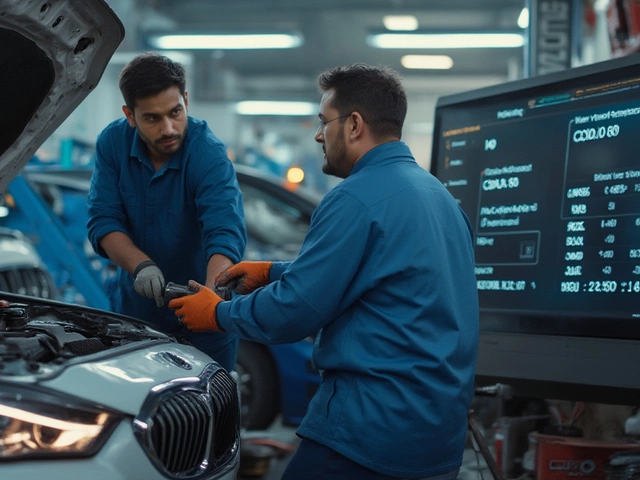Car Repair Costs: Real Prices and Savings Tips for 2025
If you’ve ever gotten a surprise bill at the garage, you know repair costs can feel random. The truth is, every job has a few predictable pieces: parts, labor, and the shop’s overhead. Knowing how those three add up helps you avoid sticker shock and plan your budget.
First, parts can swing wildly. A generic brake pad may cost $30, while a premium brand for a performance car can hit $150. Labor rates also vary by region and shop type—urban dealers often charge $120‑$150 per hour, while independent garages may sit around $80‑$100. Finally, some shops add a flat shop‑supplies fee, usually $20‑$50, to cover things like cleaners and shop towels.
Breakdown of Common Repairs and Their Prices
Below are a few of the most searched repairs on Auto Guru, with 2025 price ranges. Use these numbers as a quick reference when you chat with a mechanic.
- Radiator Replacement: $450‑$850 total. Parts make up about 50%, labor another 40%.
- Brake Pad Replacement: $120‑$250 for two wheels. If rotors need swapping, add $150‑$300.
- Clutch Repair or Replacement: $800‑$1,500 depending on whether you just adjust or replace the whole kit.
- Exhaust System Upgrades (3‑inch, cat‑back, etc.): $300‑$900. Bigger pipes add a bit more cost but can boost horsepower.
- Battery Replacement: $100‑$250. Choose a battery that matches your car’s amp‑hour needs.
Each of these items also appears in our detailed guides. For example, the "Car Radiator Replacement Cost" article breaks down labor vs. parts, while "Is It Cheaper to Buy Brake Pads Yourself?" shows the DIY vs. shop math.
How to Save Money on Repairs
Here are three proven ways to trim the bill without risking the job:
- Shop Around: Call three local shops, ask for a written estimate, and compare. Even independent garages will give a ballpark if you describe the issue.
- Buy Quality Parts Yourself: When you know the exact part number, you can order it online for 20‑30% less than a shop’s markup. Just make sure the part matches your vehicle’s specs.
- Stay on Top of Maintenance: Regular oil changes, tire rotations, and brake inspections catch problems early. Fixing a small leak now can prevent a $1,000 engine overhaul later.
Remember, the cheapest quote isn’t always the best. Look for shops with good reviews, clear warranties, and mechanics who explain what’s needed. A little homework now saves you headaches and extra dollars down the road.
Got a specific repair on your mind? Browse our tag page for articles like "What Happens If You Don’t Change Engine Oil?" or "Warning Signs of Bad Brake Rotors" for deeper insight and step‑by‑step guides.

How Much Should It Cost to Replace Your Fuel Pump?
Figuring out the cost to replace a fuel pump can be tricky since prices vary by vehicle type, labor rates, and parts. On average, you might be looking at $400 to $800, but certain vehicles could push costs even higher. This guide walks you through the components of the fuel pump, factors affecting cost, and tips for saving money. Knowing what to expect can help you manage your budget and ensure your car stays running smoothly.
CONTINUE READING

